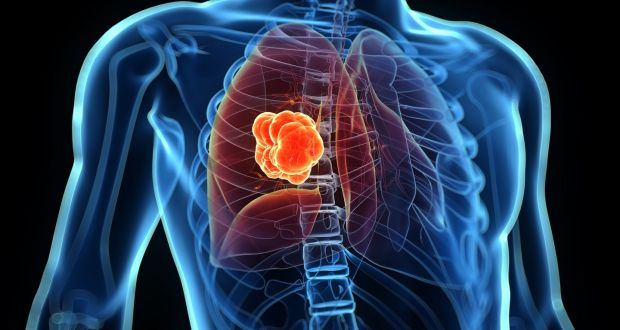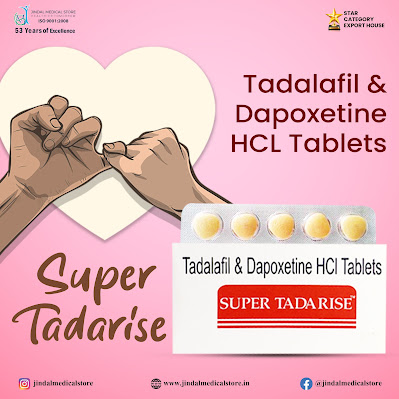Lung cancer
What is Lung Cancer?
Lung Cancer starts in the lungs. Cancer is nothing but the overgrowth of cells that cannot be controlled. There is a possibility that it can spread to other parts of the body. It can also spread from other parts of the body to the lungs.
Symptoms of Lung Cancer
Some of the common symptoms of lung cancer are as follows:
- Worsening Cough
- Coughing up blood
- Chest Pain
- Shortness of breath
- Loss of appetite
- Wheezing
- Weakness and fatigue
You might also face some respiratory infections such as pneumonia or bronchitis. Additional symptoms are also faced depending on where new tumors are formed.
- Liver: yellowing of skin or eyes
- Bones: Back bones, ribs or hips
- Brain or Spine: Dizziness, Headache, numbness in arms or legs, balance issues.
- Lymph nodes: lumps (in the neck or collarbone)
Risk Factors for Lung Cancer
Smoking is one of the biggest risk factors that causes lung cancer. Tobacco is made with many toxic substances. Cigarettes, Cigars and Pipes are all risky and increase the chances of facing lung cancer. The longer you smoke the more it is risky for your health.
If you are exposed to toxic substances like asbestos and diesel exhaust, you develop lung cancer. Radon exposure is one of the leading causes of lung cancer that enters into your building through cracks. A simple home test should be done to find out the level of radon in your house.
Previous radiation therapy of the chest, your personal history of lung cancer or a family history are some of the other risk factors for lung cancer.
Types of Lung Cancer
The most common type of lung cancer is non-small cell lung cancer (NSCLC) which makes up about 80 to 85 percent of all cases. 30% cases start in cells that line the passages of the respiratory tract (squamous and carcinoma) and another 30% begin in the cells that form the lining of the body’s cavities and surfaces. A rare subset of adenocarcinoma begins in the alveoli and is called Adenocarcinoma in Situ (AIS). This type is not aggressive and does not need immediate treatment.
Small-cell lung cancer (SCLC) represents 15 to 20 percent and grows faster than NSCLC. Mesothelioma is another type of lung cancer that is associated with asbestos exposure. Carcinoid tumors begin in hormone producing cells (neuroendocrine).
Treatment of Lung Cancer
Before you make any decision about the way of treatment it is better to have a word with your doctor about the same. Your doctors will coordinate and help you out.
Treatment for NSCLC varies from person to person. Options might include surgery, chemotherapy or radiation therapy depending on the stage.
Some medications such as Pemetraxed Injection, Avastin Injection, Erlotinib, Bevacizumab, Oxaliplatin, Filgrastim, Everolimus and Gefitinib are used for the treatment of lung cancer.
If you are looking for lung cancer treatment medicines then you can visit Jindal Medical Store. You can buy lung cancer medication in India.
Website: https://www.jindalmedicalstore.in




Comments
Post a Comment